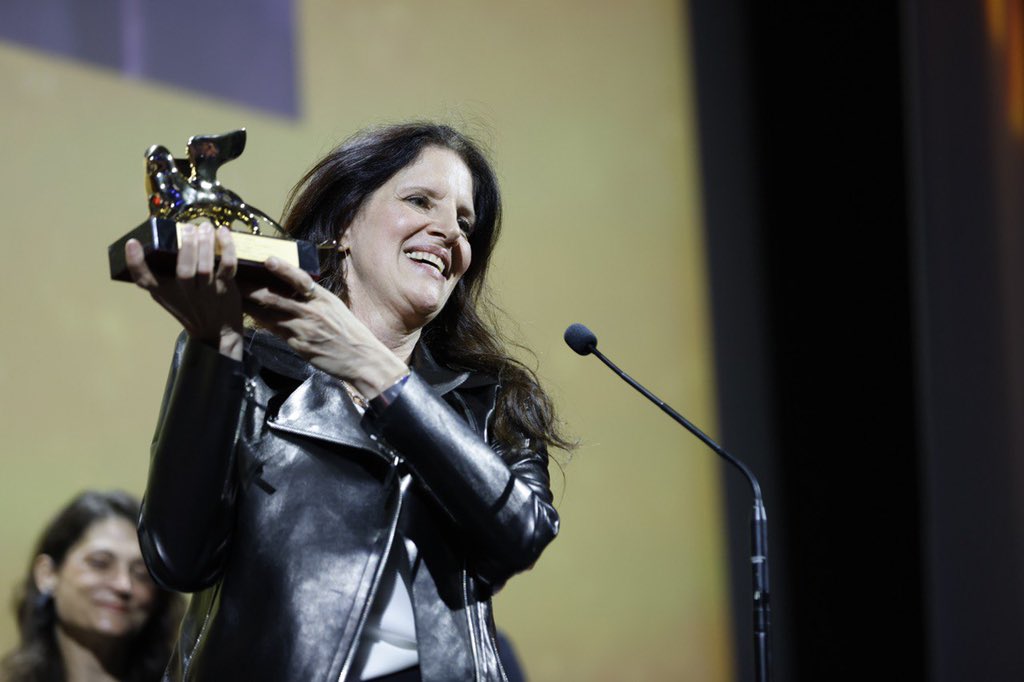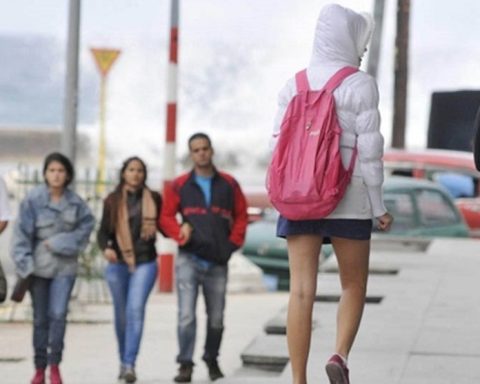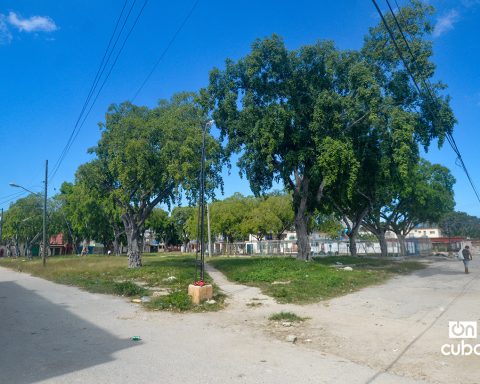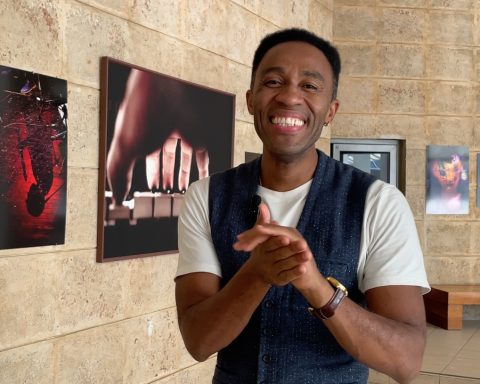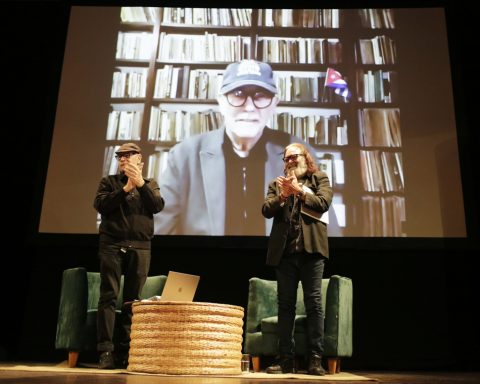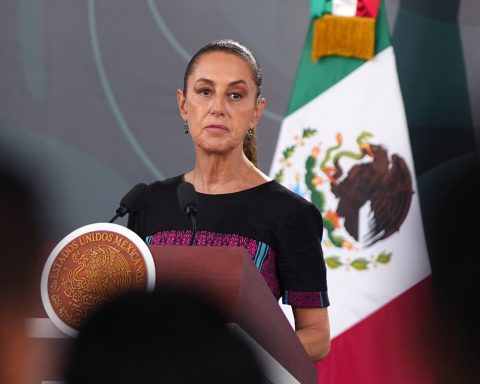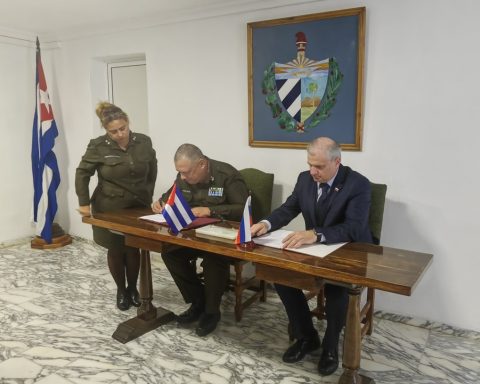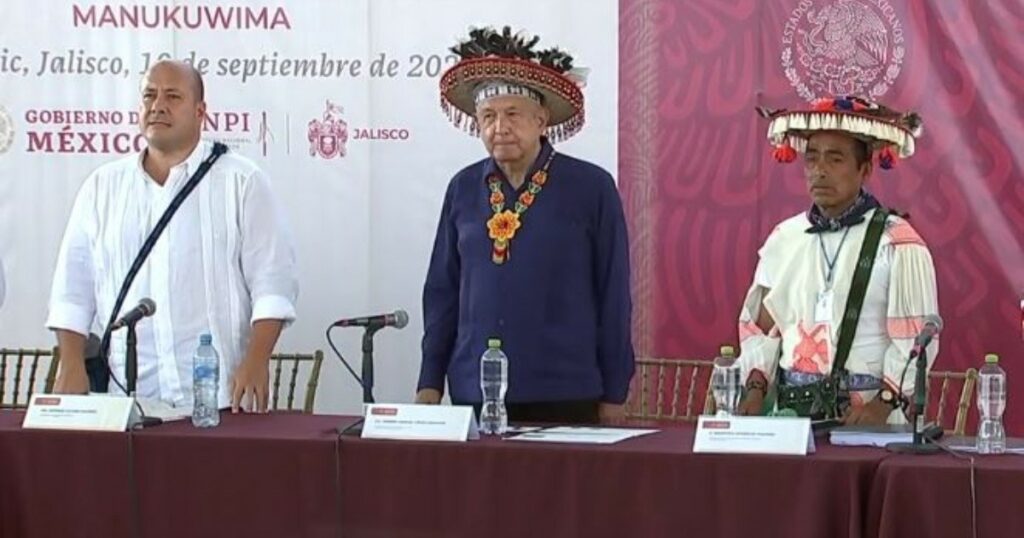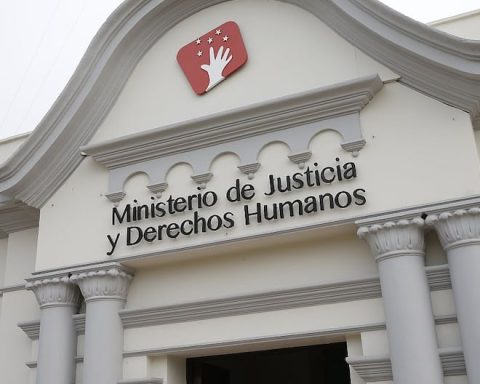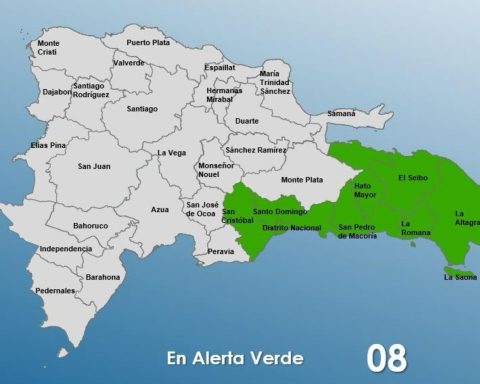The 79 Venice Film Festival awardedfor the second time in its history, the Golden Lion for a documentary, All the Beauty and the Bloodshed, by Laura Poitras. The decision is somewhat surprising, although the winners included expected names such as Jafarf Panahi, Cate Blanchett or Colin Farrell, according to a report by Eph.
Poitras became the third woman in a row to win the Golden Lion after France’s Audrey Diwan (The eventin 2021) and the American Chloé Zhao (Nomadland, 2020). In addition, it is the second documentary in the history of the Mostra to win the main prize. I had made it Sacred Graby Gianfranco Rosi, in 2013.
#BiennaleCinema2022 #Venezia79 pic.twitter.com/8iecDJ9x9h
— The Venice Biennale (@la_Biennale) September 10, 2022
poitras documents the opioid crisis in the United States from the point of view of photographer Nan Goldin, who compares the current situation to the AIDS epidemic of the 1980s. The decision had “a lot of consensus”, in the words of the president of the jury, Julianne Moore, quoted by the source.
Neither the Golden Lion nor the rest of the prizes awarded today have been unanimous, acknowledged Moore, who pointed out that “we have all felt that we have been able to give our opinion” and they reached a result that everyone is “satisfied and proud of”.
Until shortly before the beginning of the ceremony, a Golden Lion was awarded to the Iranian Jafar Panahi, imprisoned for his opposition to the regime of his country, and who presented an excellent film in favor of freedom, against oppression and a whole homage to cinema, no bears. Said film had to settle for the Special Jury Prize, less than it deserved, according to journalist Alicia García de Francisco, who considers that it has been an important public support for the filmmaker.
Another of the most praised films of this edition, The Banshees of Inisherin he left the Lido with two prizes. The delicate story of friendship and enmity signed by the British Martin McDonagh and shot in Ireland, won the Best Screenplay Award (from the director) and the Volpi Cup to Colin Farrell, one of the favorites for this award.
Farrell intervened in the ceremony by videoconference from Los Angeles (USA), specifically from the kitchen of his representative, and excitedly thanked the award for a job that, I assure you, he could not have done without the “honesty” of Brendan Gleeson, his colleague. distribution.
#BiennaleCinema2022 #Venezia79 pic.twitter.com/gBnejv4QkH
— The Venice Biennale (@la_Biennale) September 10, 2022
All the forecasts were also fulfilled with the Volpi Cup for best actress, which went to the Australian Cate Blanchett, for her unbeatable performance as an orchestra conductor in ART by Todd Field.
Film that was screened on the second day of the Mostra and that immediately placed Blanchett as the sure winner of the award. And that she thus took away her second Volpi Cup, the one she got in 2007 for transforming into Bob Dylan for I’m not There.
The actress referred to collecting her film award Bard, by Alejandro González Iñárritu, who also competed in the official section and left empty-handed. “I’ve seen ‘Bardo’ and it’s a masterpiece,” said Blanchett, referring to the good level of all the feature films in this edition.
French filmmaker Alice Diop. Photo: ETTORE FERRARI/EFE/EPA.
Bard It provoked a great division of opinions in Venice, where it was loved as well as hated and is one of González Iñárritu’s most personal works.
Nor did the second Hispanic title in the official competition win a prize, Argentina, 1985, by Santiago Mitre, about the trial of the Military Juntas of the dictatorship of that country. It was very well received and was unanimously received by the press, so much so that it won the Fipresci award from international critics, but it was not included in the official list of winners.
A list that does include Saint Omer, a film by French director Alice Diop, which brings to the big screen some real events that shocked France in 2013. A young Senegalese woman, Fabienne Kabou, abandoned her 15-month-old baby on the beach when the tide was rising. She was sentenced to 20 years in prison for murder.
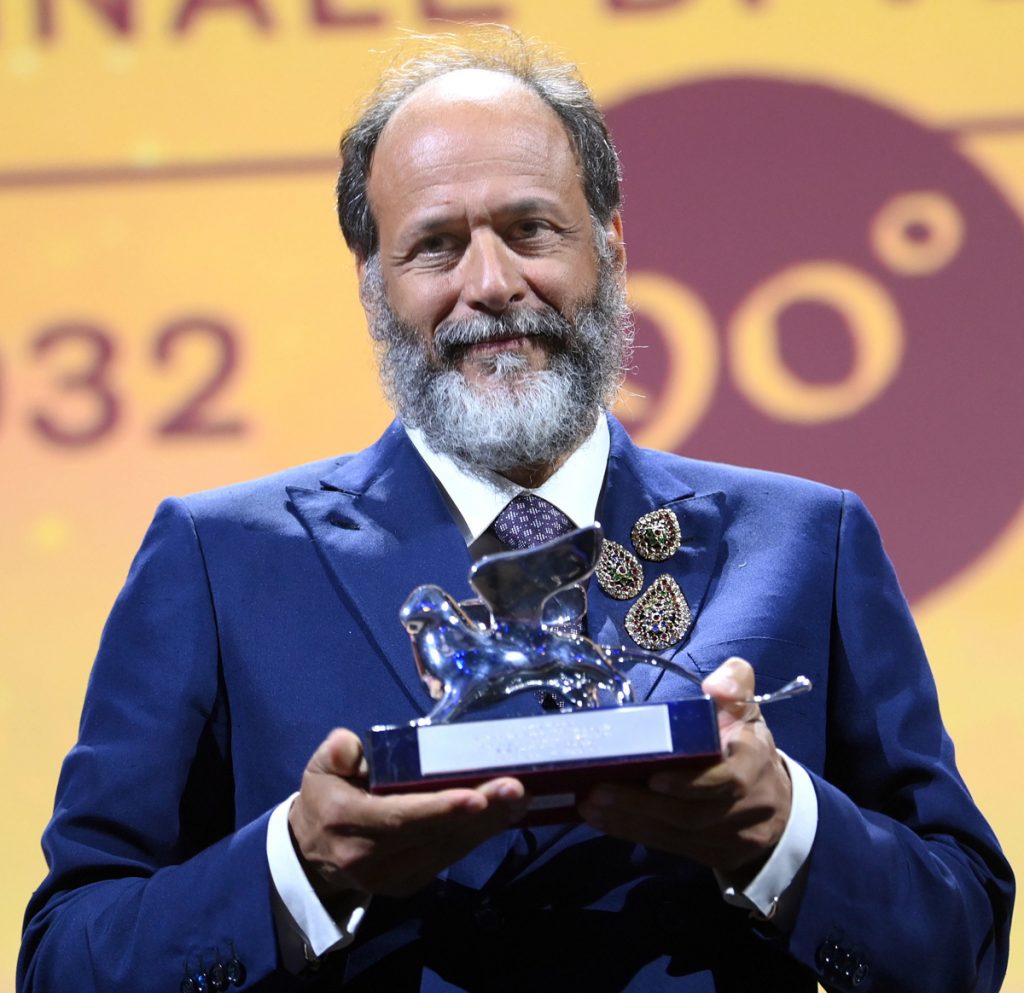
Diop’s film, which narrates the events directly and without artifice, won the Grand Jury Prize, the second most important at the Mostra, and the Luigi di Laurentiis-León del Futuro for best first film at the 79th edition of the show.
Bones and All, by Luca Guadagnino, also left the gala with two awards. The Italian took the Silver Lion for Best Director for this adaptation of the homonymous novel by Camille DeAngelis, a story of love and cannibalism starring Thimotée Chalamet and Taylor Russell, which won the Marcello Mastroianni for best young actress.
The awards for the Horizons section were also awarded at the gala, whose jury was chaired by the Spanish filmmaker Isabe Coixet. Among the winners was the Chilean filmmaker Fernando Guzzoni, who won the award for Best Screenplay for white girlinspired by the real case of a network of pedophile politicians in his country.
In this section, the second in importance of the Mostra and dedicated to the new avant-garde, the Argentinean Laura Citarella also competed with Trenque Lauquen; the Spanish Juan Diego Botto with in the marginsand the Mexican Carlos Eichelmann Kaiser with Red shoeswhich did not receive a prize.
Alicia Garcia de Francisco/Efe/OnCuba.
